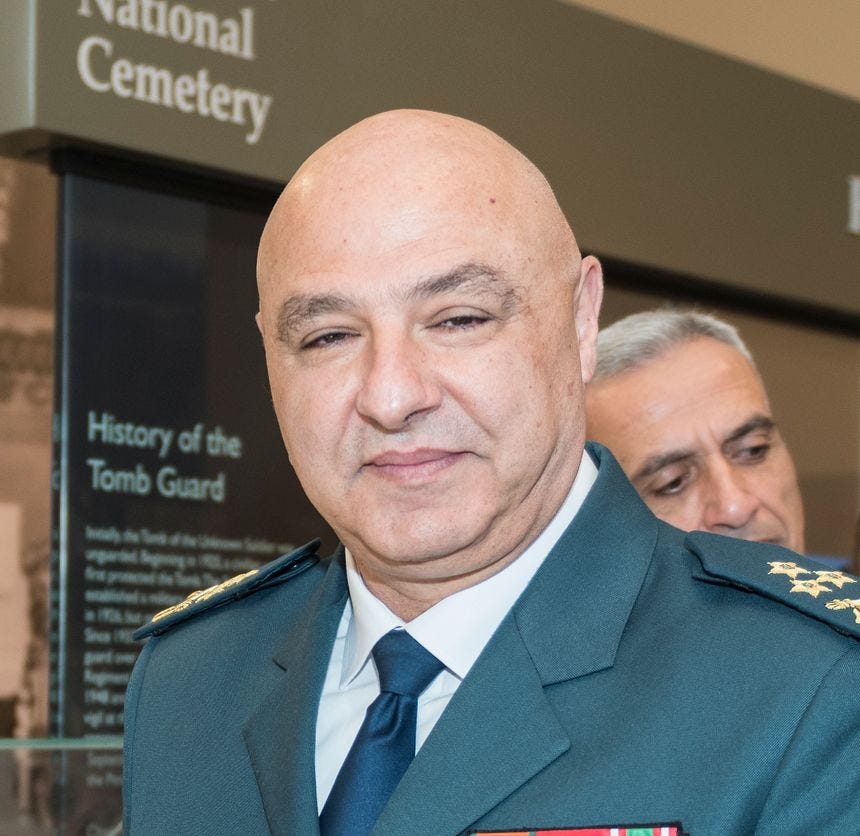Lebanon Elects a President
Misplaced optimism
On 9 January, Lebanon elected General Joseph Aoun (not to be confused with former President General Michel Aoun - the two are now rivals) as president. The post of president had been vacant since October 2022, with a caretaker cabinet running the country’s affairs.
As part of the Great Realignment, the vote resulted from an understanding between Saudi Arabia and Iran. Both view Turkey’s gains in Syria with grave concern.
The Saudis had chosen to ignore Lebanon for a few years. Last month, after Assad’s fall, they changed direction, appointed a new envoy, and corralled their Lebanese allies into electing Aoun. Rumours in Lebanon are that MPs who voted for Aoun received USD300,000 each, payable over 12 months - we are unable to independently verify this.

The good news
Hezbollah’s Secretary General has signalled that, even though Israel may remain in Lebanese territory after 27 January when the 60-day ceasefire expires, Hezbollah will not automatically resume operations at full strength.
The main threat to Hezbollah is now the Sunnis in Syria, not Israel. Therefore, there is an Israel-Hezbollah-Iran deal to be made, with Gulf Arab blessing and financing, to contain radical Sunni influence in Lebanon and Syria.
The election of Aoun most likely reflects this dynamic, as Saudi Arabia would not be moving this aggressively without American - and therefore Israeli - blessing.
An Iranian-Saudi-Israeli understanding, implicit or explicit, can provide a period of relative stability in Lebanon.
The bad news
Lebanese politicians will virulently oppose any sort of substantial economic reform that harms their interests.
Parliament is still paralysed by deep divisions that stem directly from Lebanon’s diversity. No one party is capable of consolidating and governing the country, making paralysis the default state.
Parliament’s various groupings will demand “shares”, that is, cabinet seats, in the next cabinet. This will ensure that cabinet consists of an incongruent rabble continuously at each other’s throats.
Lebanon is still vulnerable to an Iranian-Israeli-Saudi-Turkish conflict, in which each of the aforementioned actors would back its favoured militias.
There are 1.5-3 million Syrian migrants who often rely on financial backing from the UN. With Lebanon’s borders being nearly impossible to secure, these are a ticking timebomb.
There is every prospect of another civil war in Syria, this time over the extent of Alawite, Kurdish, and Druse self-rule. Hezbollah may again find itself embroiled in this conflict.
There are significant reconstruction needs resulting from the last Israel-Hezbollah round.
Bondholders and large depositors
Keep reading with a 7-day free trial
Subscribe to Modad Geopolitics to keep reading this post and get 7 days of free access to the full post archives.


